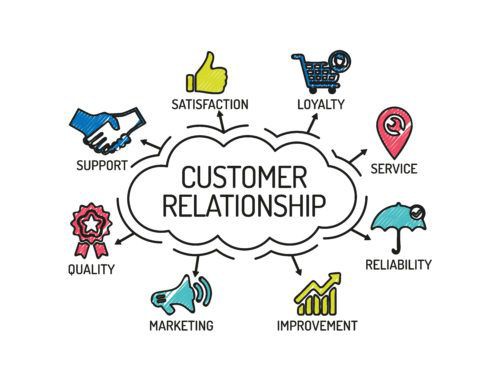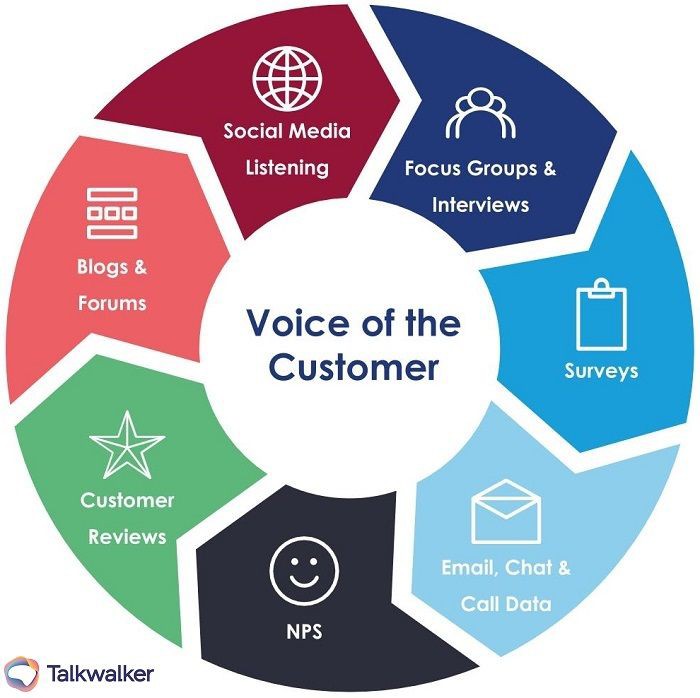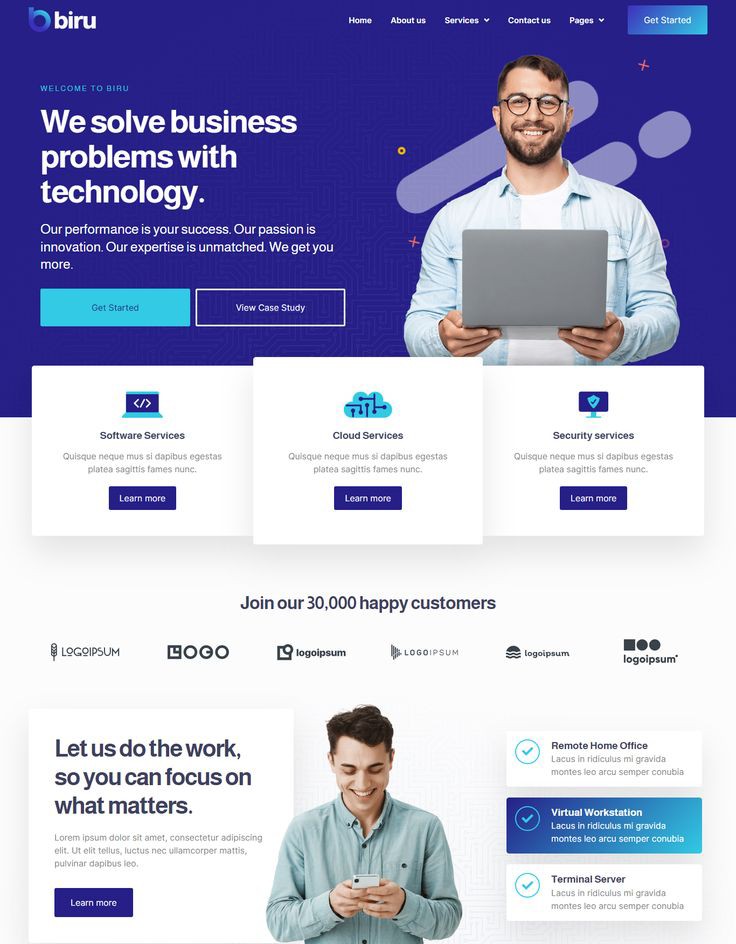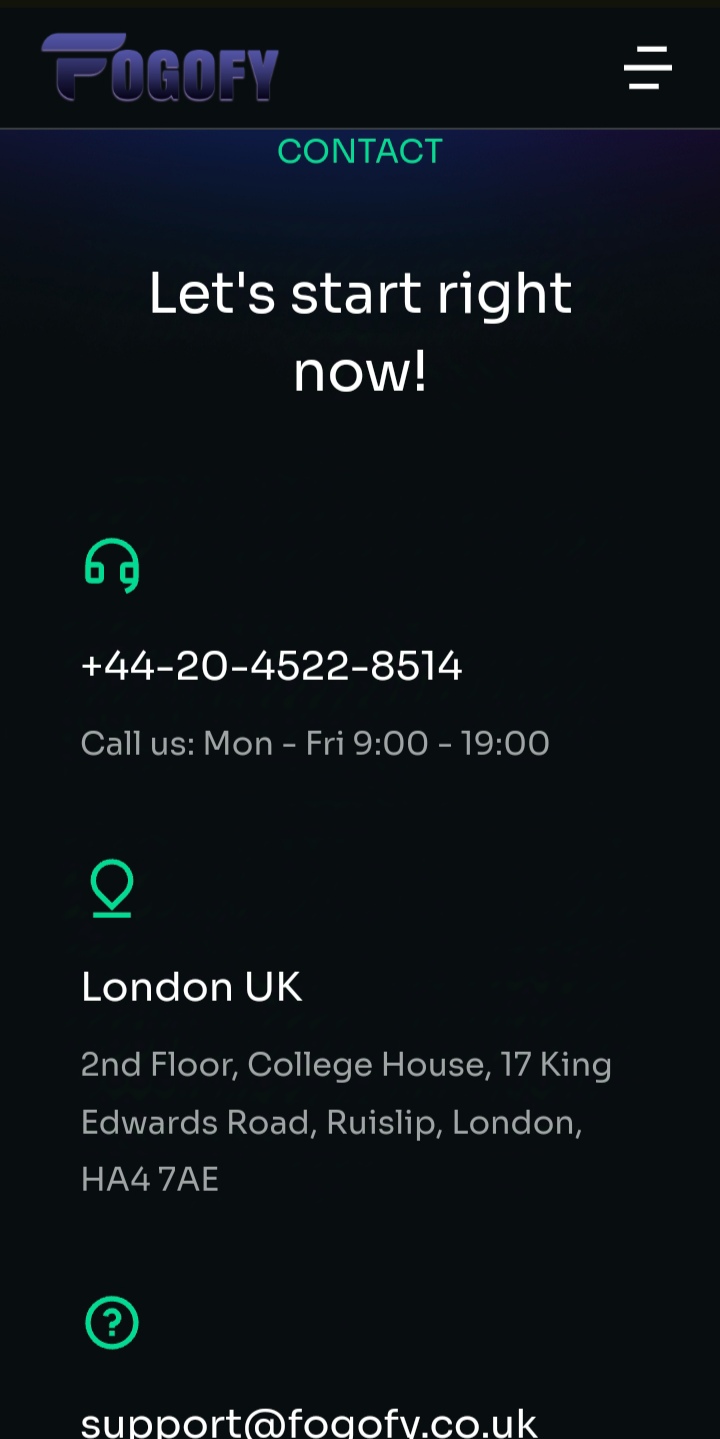Let’s face it—no one likes feeling lost or confused, especially when they’re trying to figure out whether a business is the right fit for them. Imagine walking into a store, looking for answers, but there’s no one around to help you. Frustrating, right? Well, that’s how many potential clients feel when they can’t easily find information about your services online.
Your website can be the solution to this problem. It serves as a digital guide, a place where clients can learn about your offerings, understand how you can solve their problems, and feel confident in their decision to work with you—all without needing to pick up the phone or send an email.

Breaking Down Complex Services
Many businesses offer complex services that clients might not fully understand at first glance. That’s where your website shines. Through clear descriptions, informative blog posts, and even videos or infographics, you can break down these complexities and make them easier to digest. Think of your website as the helpful staff member who’s always available to explain things in a way that makes sense.
Empowering Clients with Knowledge
When clients can find answers on their own, they feel more empowered. Your website should offer this sense of empowerment by providing detailed FAQs, guides, and service descriptions that walk potential customers through what you offer, how it works, and what they can expect. This not only helps them understand your services but also builds trust, showing that you’re transparent and committed to helping them.
Building Trust Through Transparency
In a world where trust is crucial for client relationships, transparency goes a long way. A well-crafted website outlines everything from pricing to processes, giving clients a clear picture of what to expect. When people feel informed, they’re more likely to choose your business over a competitor that leaves them guessing. It’s about building a relationship based on clarity, not confusion.
Creating a Personal Connection
Although your website is a digital tool, it can still convey warmth and compassion. Sharing client testimonials, success stories, and even your own brand’s story can help create a personal connection. It’s like extending a handshake through the screen, making potential clients feel like they’re interacting with real people who genuinely want to help.

Conclusion: Your Website as an Educational Resource
Ultimately, your website is more than just a digital storefront—it’s a resource that helps clients understand what you do, how you do it, and why it matters. By offering clear, compassionate information, you’re not only educating your clients, but you’re also making them feel confident in their choice to work with you. And that’s a win-win for everyone.
FAQs

- How does a website help clients learn about services?
It provides detailed descriptions, guides, and FAQs that explain your offerings in a clear and accessible way. - Why is transparency important for customer trust?
Transparency builds trust by giving clients a full picture of your services, pricing, and processes, helping them feel confident in their decision. - Can a website help with complex services?
Yes, through the use of blog posts, infographics, and videos, your website can break down complicated services into easily understandable information. - How does customer education lead to better business relationships?
When clients understand your services, they feel more informed and empowered, which leads to stronger, trust-based relationships. - What kind of content should I include to educate clients?
Include service descriptions, FAQs, case studies, and helpful blog posts to guide clients through your offerings in a clear, compassionate way.






